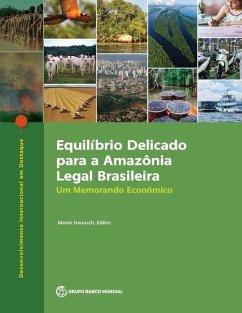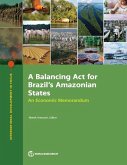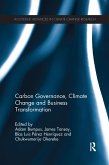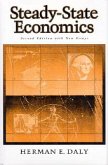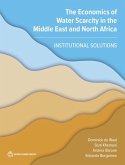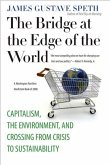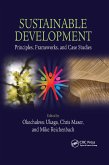Social deprivations coincide with vast deforestation in Brazil's Legal Amazon, or Amazônia. Poverty reduction and sustainable development require renewed efforts to protect the region's exceptional natural wealth, coupled with a shift from an extractive to a productivity-oriented growth model. Brazil's Amazônia comprises some of the world's most valuable ecosystems, including the Amazon rainforest and parts of the Cerrado savannah and Pantanal wetlands. At the same time, Amazônia ranks among Brazil's poorest areas. Sustainable, inclusive development requires a careful balancing act in which economic and social progress complement the protection of natural forests. In the short-term, there is urgency to reduce deforestation trends across Amazônia, especially when considering potential tipping points. In the long term, a new growth model is needed. The current imbalance between Brazil's highly competitive commodities sectors in contrast with its lagging urban sectors (such as manufacturing and services) undermines the potential for economic development and regional convergence while resulting in the unsustainable exploitation of natural resources, including forests. This book proposes a balanced structural transformation that raises incomes in rural and urban areas, supported by policy that manages disruption, including by providing basic services and social protection. A transformation that generates urban jobs, diversifies exports beyond commodities, and enables a transition to sustainable farming.
Hinweis: Dieser Artikel kann nur an eine deutsche Lieferadresse ausgeliefert werden.
Hinweis: Dieser Artikel kann nur an eine deutsche Lieferadresse ausgeliefert werden.

